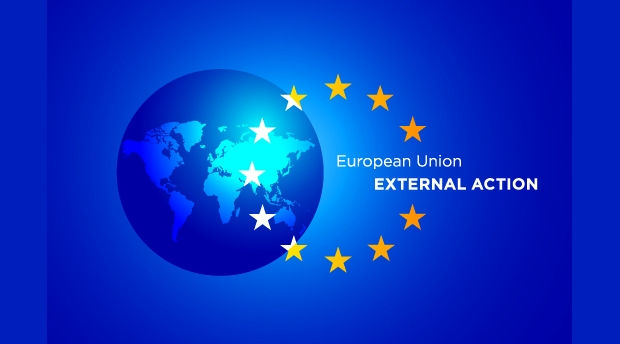Covid-19 crisis and EU competences
- csbprojectitaly
- Mar 30, 2020
- 3 min read
Updated: Apr 1, 2020
Some representatives of Eurosceptic parties have discussed the weakness of the European Union initiative to contain the Covid-19 crisis. But Europe, in its actions, has to deal with the competences and the powers Member States conferred it. Because of that, its action seems to have little impact, but the reality is different.
What has been the reaction of the European Countries?
Tedros Gebreyesus, Director General of the World Health Organization, has warned Europe about the seriousness of the crisis. The reaction of the Member States, although not immediate, has come by closing their own national borders and declaring the state of emergency. The European Union has suspended Schengen, closing the boundaries for 30 days. However, the reaction of the EU is not limited to closing. As a matter of fact, the von de Leyen Commission has appointed a task force composed of 7 commissioners to coordinate the responses to the epidemic. Each commissioner is responsible for a specific sector: from the internal market to the health aspects. The work of the Commission has been divided into 4 main actions:
· communication with the Member States about the progress of epidemic;
· supply of technical medical-health assistance;
· assistance to China;
· financing to various sectors dedicated to prevention and preparation to face the virus.
What competences does Europe have?
Although some sceptics wish a most significant action, the EU competences are connected with the principle of conferral and the treaties. In fact, according to this principle, the Union can only act within the limit of the competences Member States conferred it. It means that specific areas of competences are exclusive of the European Union, shared with Member States or just for support.
But during a crisis, such as that of Covid-19, there are several impacted areas. However, it is possible to observe that the exclusive competences of the Union are those related to the Custom Union, the competitiveness of the internal market, the Monetary Policy, the Common Fisheries Policy, the Common Trade Policy and the conclusion of international agreements. (Art.3 TFEU)
General Competences: art. 168 TFEU
The European Union therefore has no specific competence on health policies. They fall under the responsibility of the Member States which are acting in an uncoordinated manner. However, there are some general guidelines in Treaties, which could provide the framework for an integrated action: “Union action, which shall complement national policies, shall be directed towards improving public health, preventing physical and mental illness and diseases, and obviating sources of danger to physical and mental health. Such action shall cover the fight against the major health scourges, by promoting research into their causes, their transmission and their prevention, as well as health information and education, and monitoring, early warning of and combating serious cross-border threats to health”.
Solidarity and free circulation of goods
Paolo Gentiloni, European Commissioner for Economic, stated: “(to get rid from the virus) more European planning, more cross-border transport for medical supplies and more medical collaboration among countries are needed”. Ursula von de Leyen also reiterated: “in Europe a greater solidarity is needed to provide doctors and nurses with protective equipment and to ensure that patients have the necessary treatment”. Such statements indicate a concern and a closeness by the Union of the States affected by the virus. However, they show a certain powerlessness and a bond with respect to the decisions which Countries will take in relation to healthcare.
What will be the next challenges?
Europe is preparing to face the consequences of the epidemic, that is the economic package. In this area, the Union has competence and has already planned many measures to limit the damage and to prevent that crisis has a permanent effect. In fact, the Covid-19 crisis, beside being a health emergency, is an unprecedented challenge also for our economies. But, having a great amount of time, we could use it to reflect on our modern society. We should start sharing the responsibility with that alleged bat.
Published on March 28, 2020 by www.labeuropa.eu - a blog written by volunteer students of Sociology of European Integration - discipline taught by Prof. Maria Cristina Marchetti, main coordinator of the Cultural Studies in Business - CSB project - Department of Political Sciences of Sapienza University of Rome.
Article written by Matteo Baldan, Giulia Fiorenza.
Translated by Ylenia Azzaro, member of theJUMP, organization partner of CSB project.

.jpg)






Comments